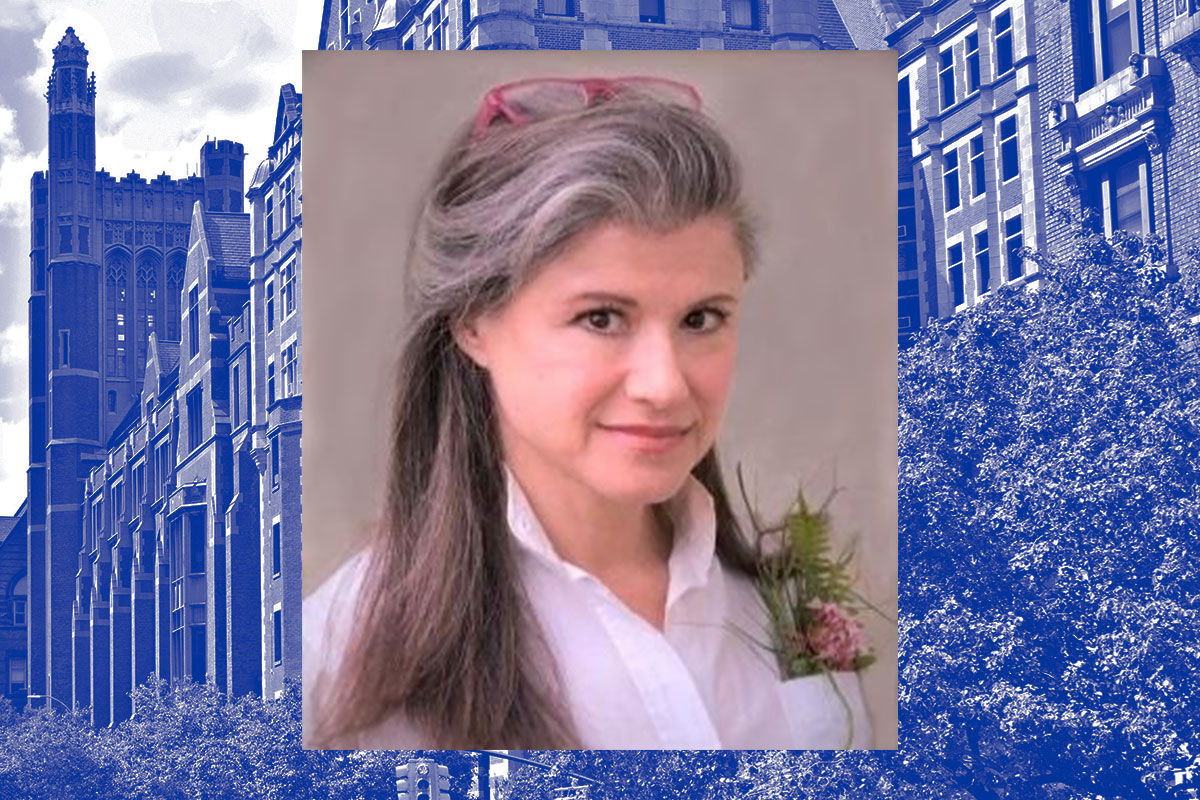With many school systems planning to stay virtual this fall, and with widespread dissatisfaction about the quality of online learning since the COVID shutdown, a growing number of parents are seeking the outside assistance of educators to help them navigate the nuances of home instruction.
It’s a powerful, if controversial, idea — and alumna Karen Aronian (M.A. ‘96, Ed.M. ‘97, Ed.D. ‘15) was on it several months ago.
Back in March, Aronian — an education consultant, former classroom teacher, the mother of two school-aged children and a resident of North Salem in New York’s Westchester County — took note as retired health professionals answered the call to volunteer their services at hospitals and clinics.
“It dawned on me that we needed a call out to teachers, too,” Aronian says. “Home schooling is so challenging and time-consuming. We were seeing an outpouring of energy and support for food banks and other local efforts, and I thought, there must be a great deal of talent in my community who might want to be of help at this time.”
Home schooling is so challenging and time-consuming. We were seeing an outpouring of energy and support for food banks and other local efforts, and I thought, there must be a great deal of talent in my community who might want to be of help at this time.
Aronian rolled up her sleeves and began promoting what she called the Teacher2Neighbor.com project on social media, local news outlets and the Town of North Salem website, and distributing flyers throughout the community. She quickly began to hear from enthusiastic parents, retired or idled substitute teachers, college education majors, active educators and professionals in chemistry and other specialties, and was soon matching the first cohort of 30 volunteers with families.
But Aronian offers more than qualified teachers who can deliver personalized instruction in specific subject content. In her day job, running a consulting business called Aronian Education Design LLC, she creates “purposeful learning spaces” in private homes (as well as in hotels, day care centers and other settings), curating programming, curricula, as well as providing staffing. She considers homes to be “the first classroom” and caregivers to be “the first teachers.”
“We’re all teachers and lifelong learners,” she said in a talk she gave at TC’s Academic Festival in spring 2017, titled Creating Learning Spaces at Home. “As our children’s first teachers we are facilitating their early development in our everyday decisions and the environments in which we live. Just as schools, museums, and libraries do, we can create optimal learning spaces that speak to our children’s development and maximize their creative potential.”
Register for the "Parent Edu" webinar that Aronian will conduct for TC on Wednesday, August 5th at noon, hosted by TC’s Office of Alumni Relations.
Conversely, she cites research showing that many children initially raised in institutional settings where there is little attention to creating a learning environment, experience delays in physical, mentaland social-emotional development, though they often catch up if they are adopted at a young age.
Accordingly, families served by Teacher2Neighbor also receive tips on structuring a home learning environment with an awareness of children’s specific needs at different developmental stages; on motivating students; and on identifying supplemental activities to support learning.
Aronian envisions the Teacher2Neighbor model spreading beyond North Salem. “We’d like to be a model for other towns,” she says. “We’re a microcosm here of what can be accomplished on a macro level. Hopefully, this will have legs.”
Given the volatile nature of the coronavirus and the uncertainty parents are facing, there seems a strong likelihood that it will.
— Steve Giegerich
Watch Aronian on a recent Fox News segment on parents concerns about the reopening of schools this fall. Watch a CBS8 segment in which Aronian discusses options for parents seeking help with online instruction for their children.
